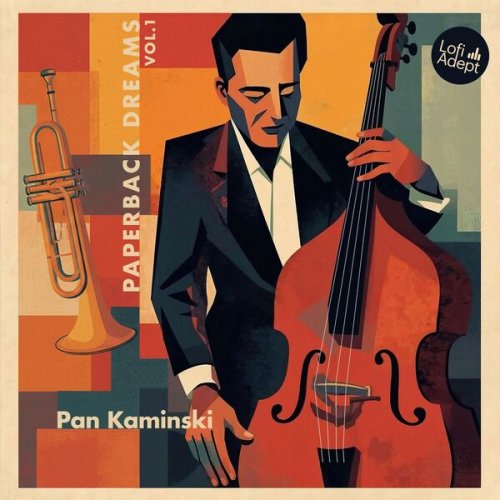Cory Smythe - Smoke Gets in Your Eyes (2022) [Hi-Res]

Artist: Cory Smythe
Title: Smoke Gets in Your Eyes
Year Of Release: 2022
Label: Pyroclastic Records
Genre: Jazz
Quality: Mp3 320 kbps / FLAC (tracks) / 24bit-96kHz FLAC (tracks)
Total Time: 58:14
Total Size: 139 / 202 / 966 MB
WebSite: Album Preview
Tracklist:Title: Smoke Gets in Your Eyes
Year Of Release: 2022
Label: Pyroclastic Records
Genre: Jazz
Quality: Mp3 320 kbps / FLAC (tracks) / 24bit-96kHz FLAC (tracks)
Total Time: 58:14
Total Size: 139 / 202 / 966 MB
WebSite: Album Preview
1. Liquiform, No. 1 (5:54)
2. Combustion, No. 1 (3:40)
3. Liquiform, No. 2 (4:44)
4. Combustion, No. 2 (5:43)
5. Smoke Gets In Your Eyes, No. 1 (5:50)
6. Smoke Gets In Your Eyes, No. 2 (3:13)
7. Smoke Gets In Your Eyes, No. 3 (11:36)
8. Smoke Gets In Your Eyes, No. 4 (3:43)
9. Smoke Gets In Your Eyes, No. 5 (2:57)
10. Smoke Gets In Your Eyes, No. 6 (3:58)
11. Smoke Gets In Your Eyes, No. 7 (7:01)
Pianist Cory Smythe's often-knotty compositions and improvisations move between, and combine, contemporary classical and avant jazz, while also addressing social issues in ways that are both unusual and highly conceptual.
On his 2018 release, Circulate Susanna, an investigation of minstrelsy leads to heady music far removed from problematic Americana. 2020's Accelerate Every Voice references jazz pianist Andrew Hill's Lift Every Voice, which nods to "Lift Every Voice and Sing," a hymn celebrating African-American strength and persistence. And for 2022's Smoke Gets in Your Eyes, Smythe cracks apart the well-known Jerome Kern and Otto Harbach showtune that gives the album its name. Here, he obliquely reflects on the pressing crisis of climate change.
"Liquiform, No. 1" opens with striking ensemble writing marked by violin glissando and gentle vocal bursts before the piece shifts into a jazzier realm. "Combustion, No. 1" finds trumpet and trombone cutting through an ensemble thicket, while "Combustion, No. 2" features singer Sofia Jernberg intoning a scrambled version of Harbach's lyrics. The piece's strange jazz arrangement is something only Smythe could imagine.
The album's second section is made up of seven solo improvisations based on the Kern and Harbach chestnut. Smythe plays a piano whose timbre and pitch possibilities have been expanded by two MIDI keyboards, a breath controller, and transducer speakers placed inside the instrument. (John Cage's prepared piano comes to mind.)
His explorations intrigue. A distinctive timbral vocabulary—tapped strings, indefinite creaking, woozy microtonal pitches, and other sounds—is on display throughout. Interestingly, in this context the use of a relatively unaltered piano chord takes on a defamiliarized quality.
On "Smoke Gets in Your Eyes, No. 6," jazzy voicing and melodic fragments faintly allude to the old song. It's as if ghosts of the original have taken on an eerie, barely recognizable form. But, in general, the improvisations can be savored simply for their moment-to-moment invention and the striking juxtapositions that Smythe creates on his altered instrument. © Fred Cisterna/Qobuz
On his 2018 release, Circulate Susanna, an investigation of minstrelsy leads to heady music far removed from problematic Americana. 2020's Accelerate Every Voice references jazz pianist Andrew Hill's Lift Every Voice, which nods to "Lift Every Voice and Sing," a hymn celebrating African-American strength and persistence. And for 2022's Smoke Gets in Your Eyes, Smythe cracks apart the well-known Jerome Kern and Otto Harbach showtune that gives the album its name. Here, he obliquely reflects on the pressing crisis of climate change.
"Liquiform, No. 1" opens with striking ensemble writing marked by violin glissando and gentle vocal bursts before the piece shifts into a jazzier realm. "Combustion, No. 1" finds trumpet and trombone cutting through an ensemble thicket, while "Combustion, No. 2" features singer Sofia Jernberg intoning a scrambled version of Harbach's lyrics. The piece's strange jazz arrangement is something only Smythe could imagine.
The album's second section is made up of seven solo improvisations based on the Kern and Harbach chestnut. Smythe plays a piano whose timbre and pitch possibilities have been expanded by two MIDI keyboards, a breath controller, and transducer speakers placed inside the instrument. (John Cage's prepared piano comes to mind.)
His explorations intrigue. A distinctive timbral vocabulary—tapped strings, indefinite creaking, woozy microtonal pitches, and other sounds—is on display throughout. Interestingly, in this context the use of a relatively unaltered piano chord takes on a defamiliarized quality.
On "Smoke Gets in Your Eyes, No. 6," jazzy voicing and melodic fragments faintly allude to the old song. It's as if ghosts of the original have taken on an eerie, barely recognizable form. But, in general, the improvisations can be savored simply for their moment-to-moment invention and the striking juxtapositions that Smythe creates on his altered instrument. © Fred Cisterna/Qobuz
![Sinedades - De par en par (2026) [Hi-Res] Sinedades - De par en par (2026) [Hi-Res]](https://img.israbox.com/img/2026-02/23/k9xyrl2p7m3kmcwozolhfnu7a.jpg)
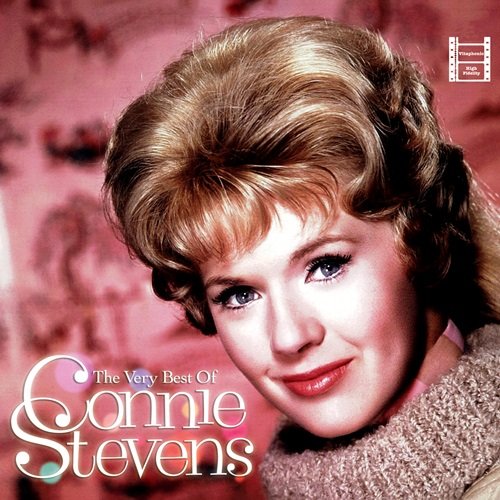

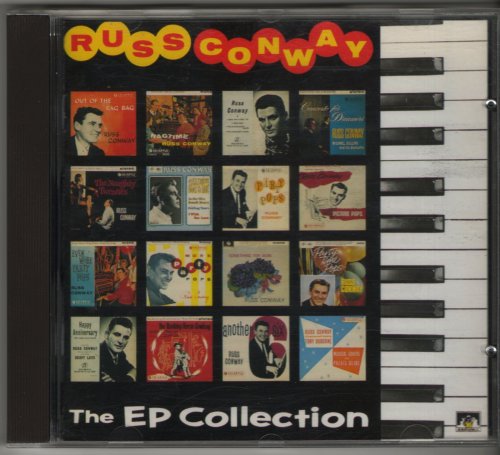
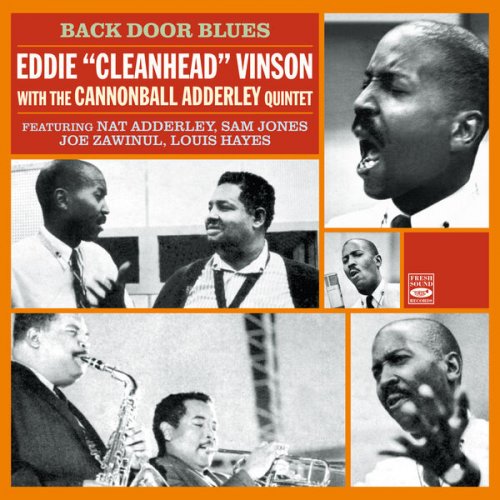
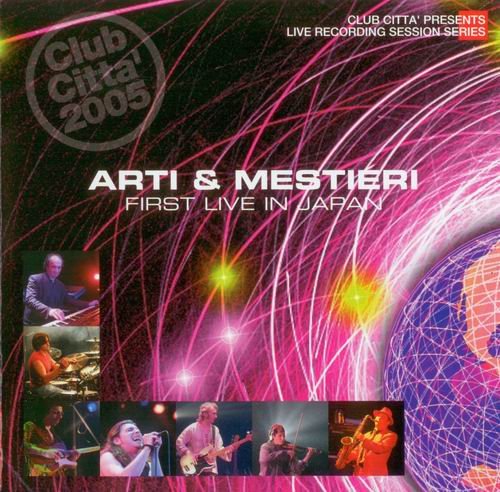
![Cheo Feliciano - Mi Tierra y Yo (Remastered 2026) (2026) [Hi-Res] Cheo Feliciano - Mi Tierra y Yo (Remastered 2026) (2026) [Hi-Res]](https://img.israbox.com/img/2026-02/26/3utwbyq7th3hn4a5zsf7qsky1.jpg)

